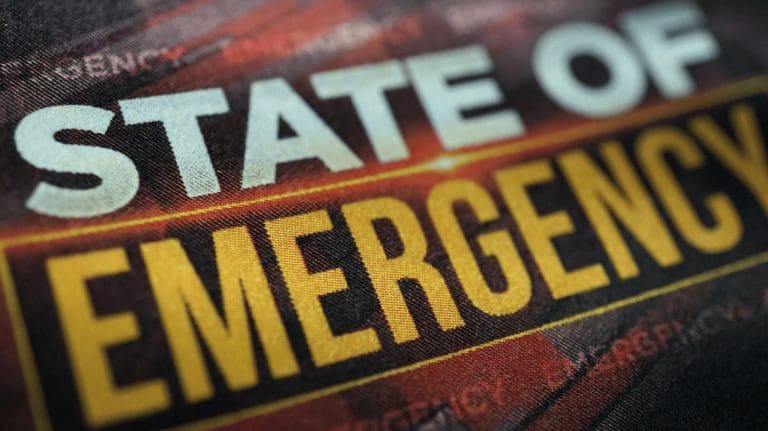The winds of history have a way of circling back.
As President (Asíwájú) Bọ́lá Ahmed Tinúbú declares a state of emergency in Rivers State, political observers can’t help but note—this isn’t Nigeria’s first brush with such drastic measures.
The announcement, aimed at addressing prolonged governance paralysis and instability, echoes decisions made by past administrations in the face of crises.
From the ethno-religious strife in Plateau to the battles with insurgency in the North-East, Nigeria’s leadership has turned to emergency powers time and again to restore order. These moments of political upheaval and their accompanying interventions provide a fascinating lens into the nation’s resilience and complexity.
In this piece, we take you on a journey down memory lane, revisiting the most notable state of emergency declarations in Nigeria’s history since 1999.
1. Plateau State (2004)
- President Olúsẹ́gun Ọbásanjọ́ declared a state of emergency in Plateau State on May 18, 2004, following escalating ethno-religious violence between Muslims and Christians.
- Over 2,000 people had been killed in riots since 2001.
- Governor Joshua Dariye and the State House of Assembly were suspended.
- Major General Chris Alli (Retd.) was appointed as the state administrator to restore peace.
2. Ekiti State (2006)
- In October 2006, President Olúsẹ́gun Ọbásanjọ́ imposed emergency rule in Ekiti State due to a leadership crisis triggered by the controversial impeachment of Governor Ayo Fayose.
- The impeachment led to widespread unrest and governance breakdown.
- Brigadier General Adetunji Olurin (Retd.) was appointed as the administrator until normalcy was restored.
3. Borno and Plateau States (2011)
- President Goodluck Jonathan declared a state of emergency in some local government areas of Borno and Plateau States on December 31, 2011.
- This was in response to early Boko Haram attacks and communal conflicts in the regions.
4. Borno, Yobe, and Adamawa States (2013)
- On May 14, 2013, President Goodluck Jonathan declared emergency rule in the entire northeast states of Borno, Yobe, and Adamawa due to the Boko Haram insurgency.
- The military was given sweeping powers to combat the terrorist group, which had launched attacks, bombings, and mass abductions, including the Chibok schoolgirls’ kidnapping in 2014.
- Despite intensified security operations, the crisis persisted.
5. Rivers State (2025)
- President (Asíwájú) Bọ́lá Ahmed Tinúbú declared a state of emergency in Rivers State on March 18, 2025, citing prolonged political instability and governance paralysis.
- Governor Siminalayi Fubara, his deputy, and all members of the State House of Assembly were suspended for six months.
- Vice Admiral Ibokette Ibas (Retd.) was appointed as the administrator to oversee the state during the emergency period.
Get instant and latest news updates via Our WhatsApp Community, X/Twitter or Google News online channel.



4ipony
l001ay